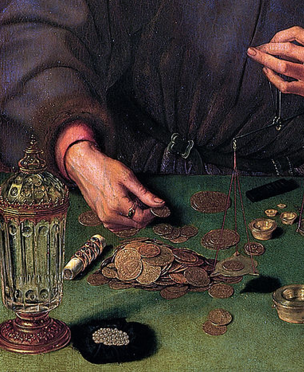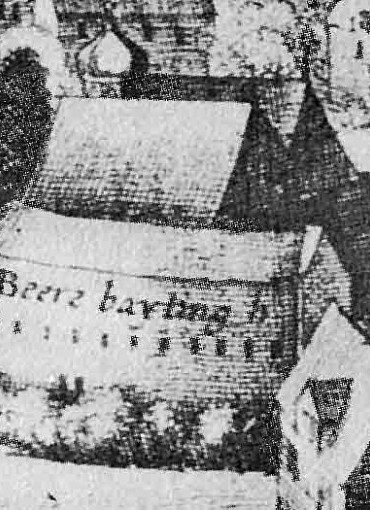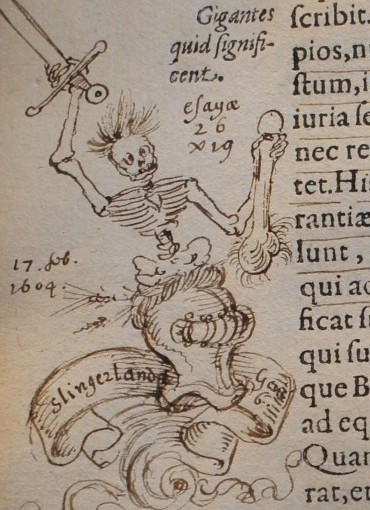Graham Storey Room, Trinity Hall
 This two-day colloquium will explore ideas of change and exchange – and their implicit interrelation – across various early modern domains engaged with ways of knowing. It will put pressure on the wider notion of ‘economy’ itself and how it inflects our knowledge, management and articulations of the world. Using literary interventions and imaginative representations as a point of entry, these ‘exchanges’ will probe the dialogue between the period’s economic thinking and practices on the one hand, and the calculus of emotional and imaginative lives on the other. Day 1 will concentrate on economies of transformation across theology, law, literature and the aesthetics of representation; Day 2 will focus mainly on the cross-overs between the technologies of change in the market-place, and transactions in the sphere of cultural production.
This two-day colloquium will explore ideas of change and exchange – and their implicit interrelation – across various early modern domains engaged with ways of knowing. It will put pressure on the wider notion of ‘economy’ itself and how it inflects our knowledge, management and articulations of the world. Using literary interventions and imaginative representations as a point of entry, these ‘exchanges’ will probe the dialogue between the period’s economic thinking and practices on the one hand, and the calculus of emotional and imaginative lives on the other. Day 1 will concentrate on economies of transformation across theology, law, literature and the aesthetics of representation; Day 2 will focus mainly on the cross-overs between the technologies of change in the market-place, and transactions in the sphere of cultural production.
This event is part of the research project, Crossroads of Knowledge in Early Modern England: the Place of Literature, a five-year ERC-funded project based at the Faculty of English and CRASSH, University of Cambridge.
Convenors:
Rachel E. Holmes, Subha Mukherji, Tim Stuart-Buttle, Elizabeth L. Swann
More information, programme and abstracts here.





